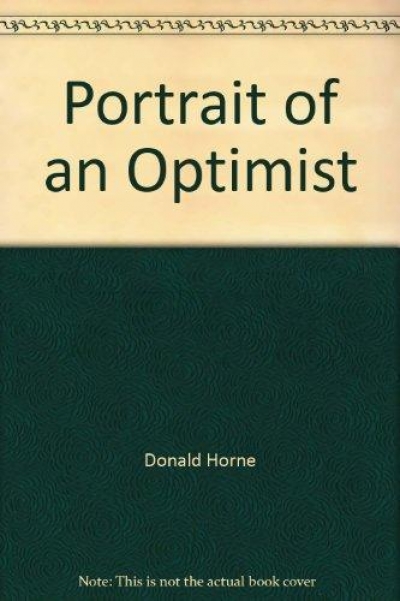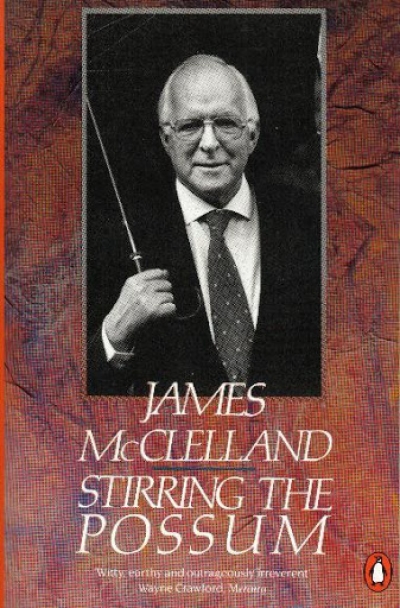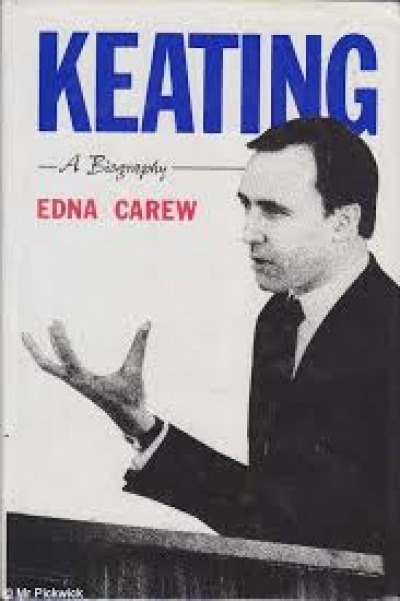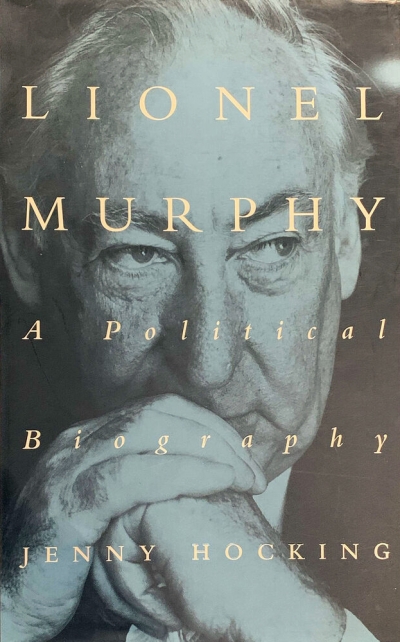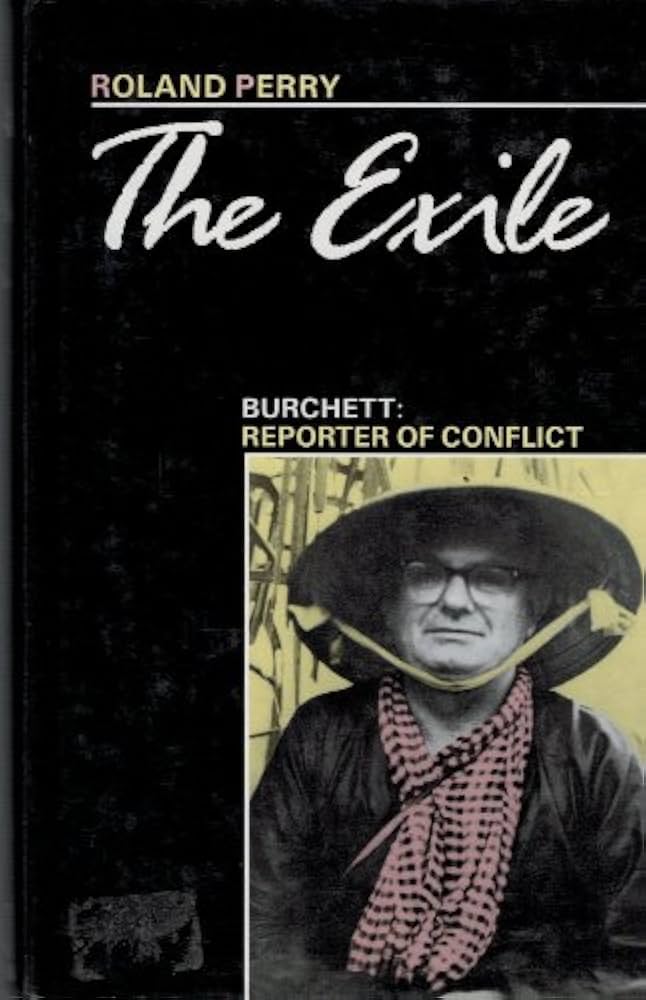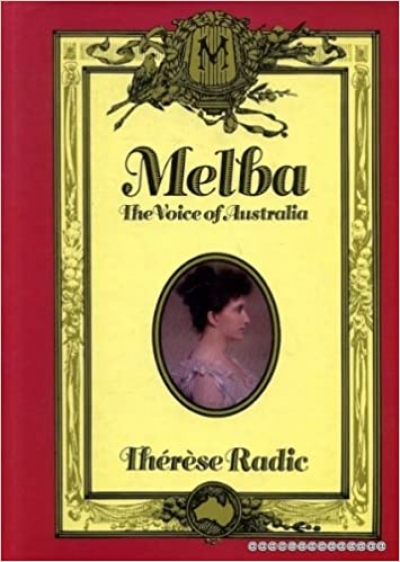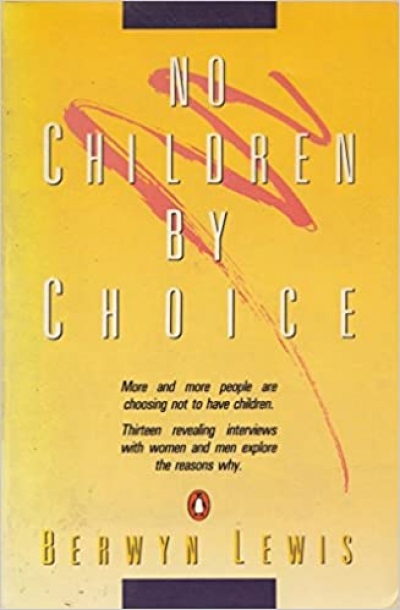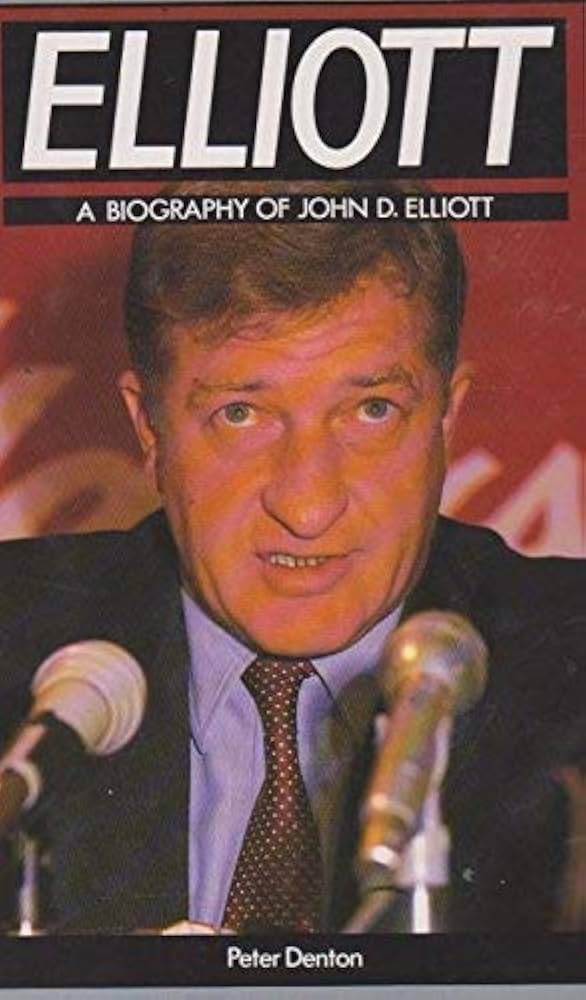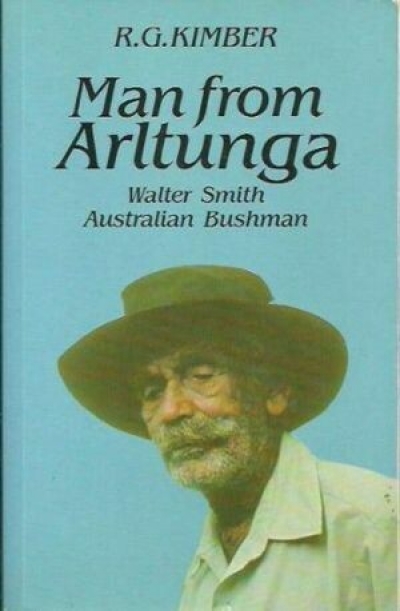Biography
Donald Horne, pleasantly surprised that he is now a university professor, looks back at the journalist and aspiring novelist that he was in the 1950s. This is to be the third (and final) instalment in the saga of the education of Donald.
... (read more)It seems strange to describe Diamond Jim McClelland as, really, rather an old-fashioned man. Few septuagenarians have anything like his energy, his forthrightness, his optimism, or, most of all, his receptivity to new ideas. But if there is a continuous thread in his extraordinarily full and complex life, it can probably be best summed up as a very untrendy, passionate commitment to morality. The catch is that his ideas of what constitutes morality – or at least what is the best way of achieving it – have gone from here to there and back again.
... (read more)This book has drawn comment from press gallery journalists that the author’s background as a finance writer has led to weaknesses in its political analysis. The political sections, however, strike this reader as every bit up to the standard of the press gallery contributions on the subject, and, indeed, add some useful detail on Paul Keating’s early years, which were devoted with such unswerving dedication to entering parliament at the age of twenty-five. Both the gallery and Carew agree that Keating is an outstanding politician and enormously successful treasurer. While it is not always fair to lament that a book is different from the one you might have preferred to read – the author’s task is hard enough as it is – I would have hoped that the economic issues would have been explored with a much broader brush.
... (read more)Lionel Murphy was a prominent and colourful figure in the ALP renaissance of the 1960s and 1970s, and a significant legal intellectual. The extraordinary saga of his final years, when he was hounded by political foes and the press, created a farrago of misunderstanding and innuendo that clouded his reputation. Jenny Hocking has set out to recover Murphy’s public life and to correct the record. Curiously, her emphasis on philosophy and consistency works against the interest of this story: the larrikin edge and the complexity of the man are smoothed away.
... (read more)John Bunting’s portrait of Robert Menzies is a book for fans. Beautifully produced, with a handsome cover, tartan endpapers, and a royal blue marker, it is an ideal gift for those who agree with Bunting’s judgement – that Menzies was ‘grand and magnificent, the best man of his time’. It will also please those who, though more reserved in their admiration than Bunting, remember Menzies with respect and admiration.
Bunting was a member of the Prime Minister’s Department for the last seven years of Menzies prime ministership, and a senior officer in that Department from the beginning of Menzies long post-war reign in 1949. He feels that Menzies suffered a bad press after his retirement and has often been misunderstood; as he can speak with the authority of experience he has taken up his pen to write of Menzies as he knew him.
... (read more)There is in the annals of Australian media reporting of international affairs, a dominant tradition of what one might well describe as the ‘Biggies’ school of journalism. ‘Pace’ Damien Parer, Blanche D’Alpuget, John Pilger, Peter Hartings and others, the ‘Biggies’ school has provided a paradigm broken but rarely.
... (read more)Disraeli considered that biography – in contrast to history – is life without theory, though the result of such a policy can be arid. It needs, as well, to be portrayal without betrayal, but it more often errs in the opposite direction: who is likely to write about someone for whom she or he feels an antipathy or an indifference? Yet I am inclined to think that there is a case to be made for ‘arranged biography’, analogous to the ‘arranged marriages’ of other times and cultures.
... (read more)No Children by Choice by Berwyn Lewis & Mature Age Mothers by Gloria Frydman
To have or not to have children: a dilemma made possible by technological advances and the consequent loosening of social roles. Once, having children was both an almost inevitable result of adult sexual activity and, generally, a desired one. For most people, being an adult member of a society implied having and taking responsibility for children. And for many people it still does. But it is now possible for people to choose when to have children, or to choose not to have them at all. No Children by Choice is a collection of interviews with men and women who have chosen not to have children; Mature Age Mothers is a collection of interviews with women who have not had children until they are over thirty (except for Junie Morosi who had three children in her teens and another child at 45).
... (read more)To start with a different biography: R.M. Kessing’s Elota’s Story: The Life and Times of a Solomon Islands Big Man (UQP, 1978) will tell you the following tale.
... (read more)Much that is published on the Centre is from the perspective of the jet-and-chopper journalist, so it is with sheer delight that one greets Man from Arltunga, written from the perspective of a local and a bushman. The author’s knowledge of this country is of a rare quality. Not only is he interested in the White settlement of the area but he also has a broader appreciation for the prehistory and for the Black version of their history. In the thirteen years that Dick Kimber has lived in the Centre he has travelled extensively with Aboriginal people through their ancestral country. He has travelled the Aboriginal way, with Aboriginal navigators, journeying slowly, digressing for relatives, or for bush tucker, or for ceremonial business. His first-hand knowledge together with his affinity for the country made him an ideal companion for Walter Smith on their journey to record Walter’s story.
... (read more)

